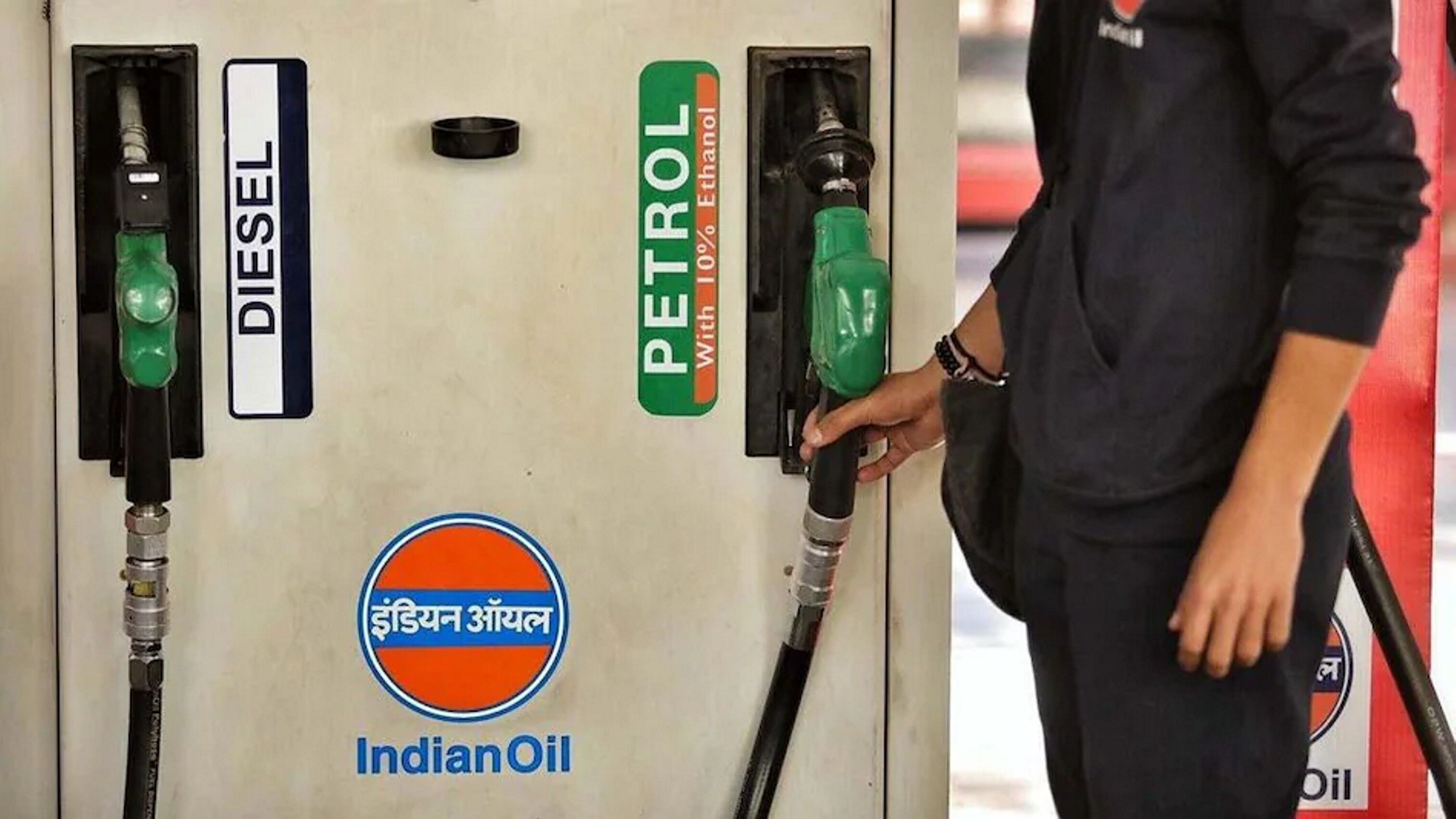A timely intervention

A couple of weeks after the Reserve Bank of India (RBI), taking note of the record-high inflation, decided to cut repo rate by 40 basis points (bps) in an unscheduled review meeting, the Central government has taken another slew of measures that will keep a tab on rising prices. Union Finance Minister announced a reduction in excise duty on petrol and diesel by Rs 8 per liter and Rs 6 per liter respectively; a subsidy of Rs 200 per gas cylinder to the beneficiaries of Pradhan Mantri Ujjwala Yojana; reduction in customs duty of raw materials in plastic and steel; and a hike in export duty on steel and iron ore. Notably, these relief measures have come at a time when headline inflation has been breaching the RBI threshold limit for over the last couple of months. The Wholesale Price Inflation touched a record high of 15.1 per cent in April and Consumer Price Inflation also stood at 7.79 per cent — highest in the last eight years. The excise duty cut, which may lead to a reduction in retail petrol prices by Rs 9.5 per liter and that of diesel by Rs 7 per liter, will likely cost the government an annual revenue of Rs one lakh crore. The LPG subsidy will also cost the government a revenue of Rs 6,100 crore in a year. The experts, however, point out that the tax revenues of the government can still exceed the budget estimates by over one lakh crore. It may be remembered that the Central government in 2020, in order to compensate for the huge revenue losses incurred during the pandemic-induced lockdown, had hiked the excise on petrol by Rs 13 per liter and that on diesel by Rs 16. Then, following an excise duty cut of Rs 5 on petrol and Rs 10 on diesel in November last year, the Central government, after a freeze of over four months in the run-up to assembly elections in five states, hiked fuel prices a total of 14 times in a span of 16 days. There is no doubt that the Centre's much-awaited move to cut excise duty on fuel, as an emergency response, will bring a sigh of relief to the distressed commons and maintain a tab on the threatening inflation trend which has already been creating turmoil across the globe. But overall, when it comes to containing fuel prices in general, the Centre's move appears to be a zero-sum game. Appreciably, through its strategic move to buy oil from Russia, India has kept itself in a somewhat advantageous position and acquired a degree of flexibility in playing with fuel prices. It is expected that while maintaining a just balance between its revenues and public welfare, the government will further bring down the fuel prices. Former Finance Minister P Chidambaram has expressed his dissatisfaction with the government's move — terming it equivalent to "rob Peter more and pay Peter less". He was referring to the fact that the government has hiked petrol and diesel prices by Rs 10 per liter over the last two months and is reducing these by Rs 9.5 and Rs 7 for petrol and diesel respectively. Chidambaram has also criticised the government for demanding states to cut Value Added Tax (VAT) — stating that a cut of one rupee on excise duty by the Centre can be bifurcated into 59 paise by the Centre and 41 paise by the states. He also called for a "true cut" by the Central government by reducing the cess levied on petrol and diesel. Former FM's arguments perhaps hold water to a certain extent but, in view of the hardship faced by the common masses, state governments, irrespective of their party affiliations, should consider bringing down VAT. Immediately after Nirmala Sitharaman's announcement, the Kerala government led from the front by cutting the tax on petrol and diesel by Rs 2.4 per liter and Rs 1.36 per liter respectively. Will other states follow suit? To sum up, as the Russia-Ukraine war continues, India will have to make sustained efforts towards 1) allaying the concerns of common masses and 2) checking inflation for a stable economy. It is good to see both the RBI and the Central government coming together to address these issues. More relief is expected from the RBI's upcoming review meeting.



